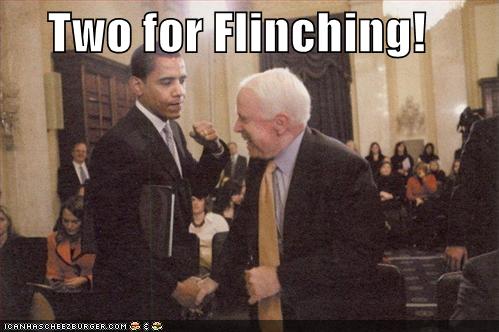
Sometimes I think Holy Spirit moves on certain passages of scripture, just to prove that it’s all His word and there are no molehills and maybe because He likes the challenge inherent in the little pieces.
I started reading Luke again recently.
(You thought this was going to be about Leviticus or something.)
I’ve been journaling through Hebrews for weeks. Because I really need to learn about faith. And I have, and it’s been good.
But I can only ever stay in the epistles or the Psalms or the prophets for so long before I just start to miss Jesus. Not in any kind of theologically incorrect way, so ease up off your trigger finger, but just in that casual, conversational way. That way where you don’t wonder if He said that, ’cause you’re reading it off the page. And you don’t wonder WWJD, because He did it and someone saw it and it was recorded. That way.
So I always end up back in a gospel book.
And whenever I turn back to the gospels out of a completely theologically sound longing for Jesus, I read them better. At least at first. Because I don’t read them to learn something, or to find out something, or to discover something, or to prove something. I read them to meet someone. I think that’s a better way to approach the gospels – if not the rest of scripture – because it means I don’t study and probe and research. It means I read slower, and I envision what I’m reading, and I do the voices in my head, and I put myself in the scene.
This time, in this season, Holy Spirit is speaking to me through what I’ve decided to call, “the Jesus-flinch.” I don’t know how He’s doing it, but it’s profound.
A flinch is an involuntary reaction. Different people flinch at different things, in different ways. Some flinches are defensive. Some are offensive. Some are on time. Some are too slow. Some are necessary, others are comical because they’re not necessary.
So a Jesus-flinch is someone’s spontaneous, not premeditated, reaction to Jesus.
The first one that struck me what Luke 4:34, and I probably won’t really be able to explain why. Jesus encounters a demoniac, and he cries out, “with a loud voice”:
saying, “Let us alone! What have we to do with You, Jesus of Nazareth? Did You come to destroy us? I know who You are— the Holy One of God!”
Jesus was just teaching the crowd, and all of a sudden these demons couldn’t stay quiet any longer. You know that feeling when you’re in an uncomfortable situation and you’re trying to just keep your mouth shut but it keeps going and the tension inside of you builds and builds and finally you just have to say something? It astounds me that His teaching seemed to have that effect on the unclean spirits. He wasn’t addressing them, but the first thing they said was, “Leave us alone!”
We don’t know what Jesus was teaching, specifically, but I doubt it was about demons. He was in the habit of teaching the crowds about the Kingdom of God, and what it looks like. It’s certainly not my place to project into scripture, but I’d be surprised if Jesus were in the middle of a seminar on how to cast out demons.
But something about His presence, and the authority on His words, seemed to have that gnawing effect on the spirits present until they couldn’t stand it any longer and they cried out – at the risk of exposing themselves to the One Person who could have destroyed them.
What was that like?
How tangible was the power on this Man, that even the unclean spirits in the room felt it? How powerful is His presence that demons, unaddressed, cry out in agony?
And what was it like when they did start yelling? In one breath they proclaimed His humanity by calling Him “Jesus of Nazareth,” prophesied about the end of the age when they asked if He was there to destroy them, and seemed to rat Him out by revealing His deity.
I’ll bet the air in that room was electric.
